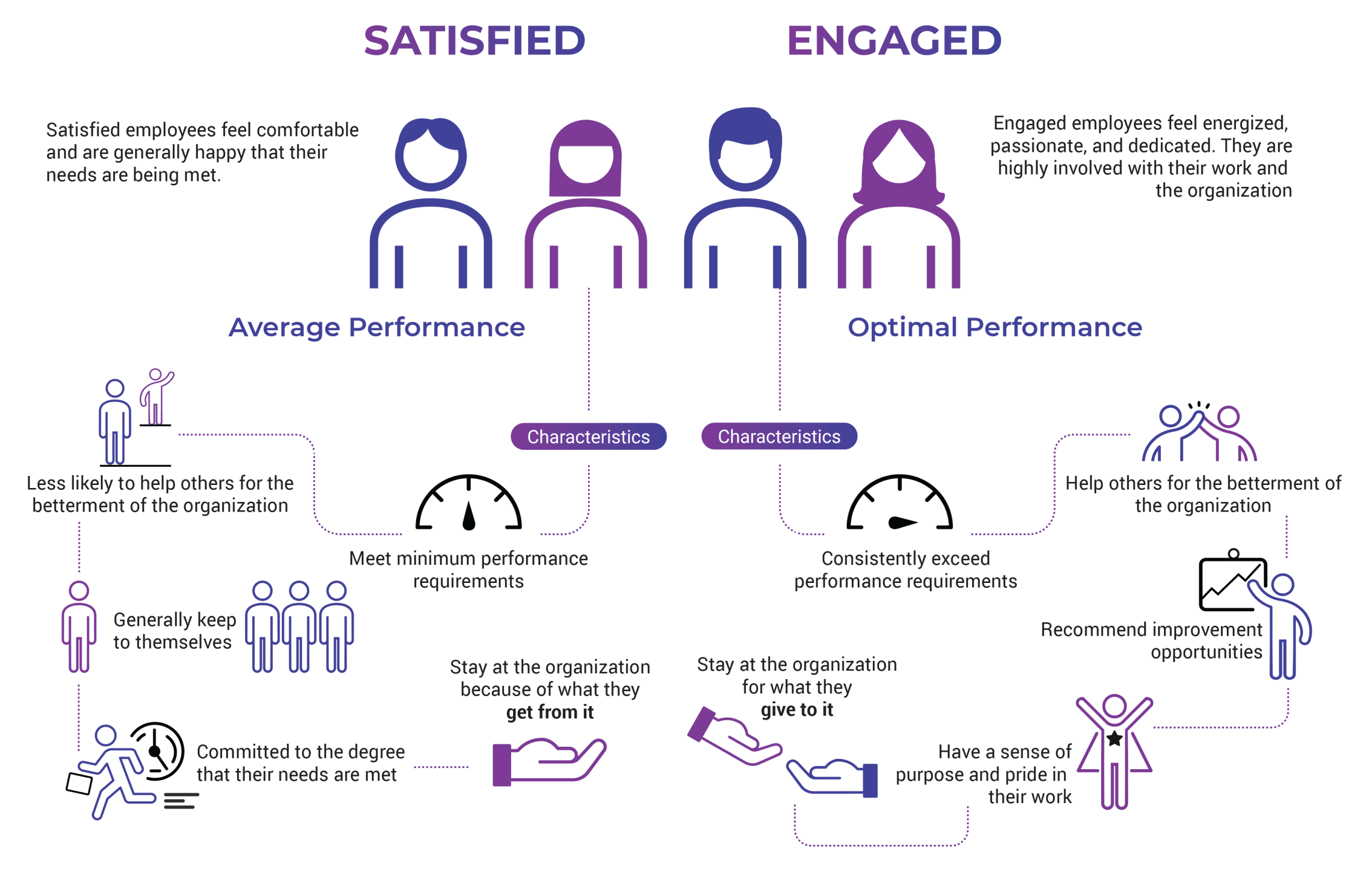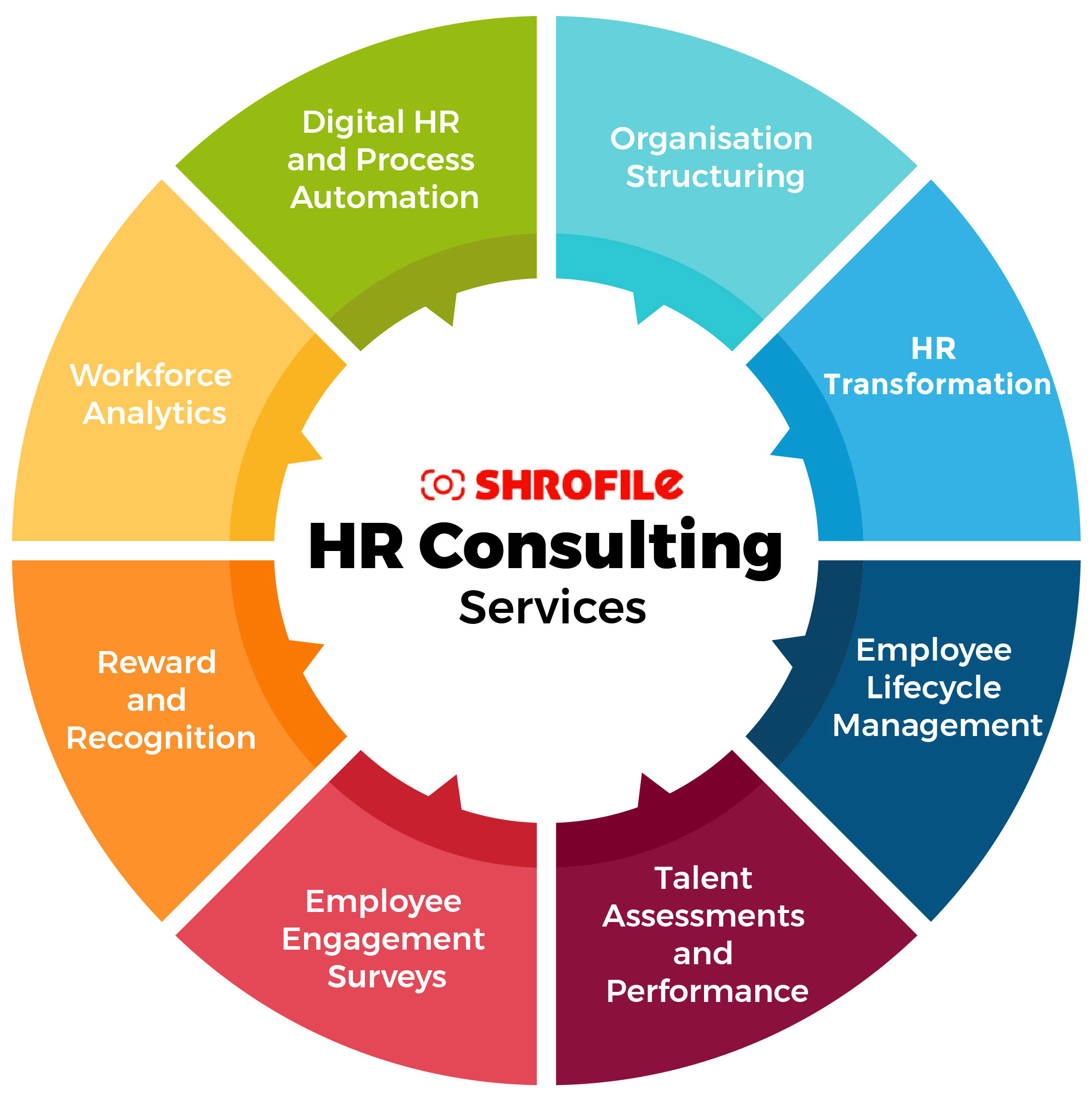 What is payroll outsourcing?
What is payroll outsourcing?Payroll outsourcing is hiring a third-party service provider to manage payroll-related jobs, consisting of computing and validating wages and incomes, subtracting and transferring funds for tax withholdings, guaranteeing pre- and post-tax benefit reductions are processed, printing incomes, establishing direct deposits, and preparing payroll reports and journals for general ledger entries.

An outsourced payroll company will require access to your business checking account and employee time tracking system. This requires trust in between the company contracting the payroll service and the service itself. A lawfully binding service agreement detailing the payroll outsourcing business’s terms, conditions, and expectations solidifies that trust.
Companies that employ a payroll contracting out company may likewise wish to outsource PEO or HR services. Search for a “full-service payroll company” to handle that. Their services typically consist of managing employee advantages, tax filing, and human resource functions like onboarding and examining medical . Pricing will be based upon the number of staff members.
Why should a service outsource payroll?
There are numerous reasons why a company need to think about contracting out payroll. Two of them are tax compliance and precise tax reporting. A payroll expert is trained in both functions. A third-party service provider will have a payroll group of specialists working on your account. They’ll deal with the payroll responsibilities, tax withholdings, and staff member benefits.
Outsourcing conserves time
Payroll processing is time-consuming. Payroll administrators track and carry out benefit reductions, wage garnishments, paid time off, unsettled time off, taxes, and payroll errors. They likewise need to be mindful of data security problems that could emerge throughout the onboarding when they collect worker data. A payroll company can handle all that for you.
Outsourcing can reduce costs
The time workers spend processing payroll in-house and the wage of the payroll supervisor are expenses. A small company can invest a considerable part of its income on those costs. It’s frequently cheaper to hire a payroll processing service. Prices for some payroll services are as low as $40 per month to handle standard payroll functions.
Outsourcing ensures tax precision

Small companies can not manage mistakes in payroll taxes. The penalties and costs evaluated by state and IRS tax auditors can be substantial. An established payroll provider will ensure that the right quantity of taxes will be withheld and deposited on time. They presume the obligation and liability for that, offering your business comfort.
Outsourcing provides information security

Payroll companies use sophisticated security measures to protect worker details. That consists of maintaining confidentiality on problems like wage garnishment, payroll errors, and business tax filing. Companies with a self-service payroll system or on-site benefits manager do not generally carry out the same security protocols.
Outsourcing eliminates software application issues
The costs of installing, preserving, and fixing payroll software build up rapidly when you have a large labor force. Hiring the best payroll business eliminates that problem. They have their own software, and it’s consisted of in what you pay them. That can streamline accounting procedures like expenditure management and streamline your capital.
Outsourcing includes a payroll assistance group
Companies that do payroll separately typically have someone responding to support concerns. Outsourcing generates a support group that can handle concerns about direct deposit, advantage deductions, tax liability, and more. This likewise falls under “expense conserving” due to the fact that somebody who would otherwise be handling service problems can be redeployed elsewhere.
What is payroll co-sourcing?
Another alternative for small companies that require help is payroll co-sourcing. This is a hybrid design in which payroll tasks are divided between business and the third-party payroll provider. For example, the payroll company manages tasks like information entry, tax computations, and providing incomes or direct deposits. The main service maintains control over the motion of payroll funds and making tax withholding deposits.
Special considerations for international payroll outsourcing
Most small company owners in the United States don’t require to deal with global payrolls. If you expand your services or hire specialized workers outside the nation, that could alter. International payroll solutions include multi-currency capability, compliance for the countries you’re doing company in, and international tax rates and tables.
The payroll requirements of staff members in other nations differ from those in the United States. For instance, 35 hours is thought about a full-time work in France. Your business would need to pay overtime for anything over that. You don’t need to pay social security tax. You may, nevertheless, need to pay US corporate earnings tax.
Benefits administration for an international payroll is different also. HR teams with companies doing internal payroll will be responsible for inspecting medical insurance requirements and maximum retirement contribution guidelines in the nations where you have workers. The organization needs to do that every pay period if you’re actively recruiting. That’s a lot to track.
How payroll outsourcing works
Outsourcing includes transferring payroll data. Automation simplifies that, so you’ll want to find a payroll service with excellent innovation. Best practices suggest opening a different business checking account specifically for payroll. Many companies established sub-accounts of their main bank account to simplify the transfer of funds to cover payroll checks and direct deposits.
Planning to contract out payroll
The next step is to choose what degree of outsourcing is proper. Turning “all things payroll” over to a third-party supplier may not be the most affordable option. Some services select to co-source payroll, keeping a few of the payroll tasks internal. That gives the business control over the procedure without handling a heavy workload.
Picking a payroll outsourcing partner
A lot goes into choosing the ideal payroll contracting out partner. Doing company with someone you trust is very important, so discover a payroll company with an excellent credibility. If you’re co-sourcing, you’ll need a partner prepared to share the workload. Using payroll software application is also an alternative. Many payroll software application suppliers have live assistance teams.
Establishing and running payroll
Decide how frequently you want to run payroll. Some business do it weekly, while others prefer biweekly or monthly. Once you select a payroll cycle, run a sample contact a pay stub to make sure the system works appropriately. Your outsourced payroll business will likely do that anyway. If not, demand it so you can see how the procedure works.
Facilitating staff member self-service
Outsourced payroll business usually use online portals where workers can see their net earnings, benefits, and tax deductions. Directing them there rather than to a live support center is an excellent method to lower corporate spending. It may take some time for staff members to adopt this method. Stay consistent with your messaging up until it takes hold.
Payroll tax and compliance concerns
Employers are ultimately responsible for paying payroll taxes, even if they contract out payroll to a third-party provider. The payroll business can simplify your operations to make them more cost-effective, and it can handle the responsibility of tax withholdings and deposits. However, any IRS charges for errors will be imposed against the main business.
IRS correspondence is always sent out to the primary service, not the third-party provider. They do not send out a copy to your payroll company. You can change your address to the payroll business, but the IRS does not advise that. If mail is mishandled or accountable celebrations are not in the office, your company could be on the hook for their mismanagement.
Federal tax deposits need to be made through electronic funds transfer (EFT) to comply with IRS regulations on payroll. The IRS has a system called the Electronic Federal Tax Payment System (EFTPS) to help with that. Businesses are designated a company recognition number (EIN) that requires to be provided to the payroll business if you’re going to contract out.
Please consult with a tax expert to offer further guidance.
Best practices for outsourcing payroll
Relinquishing control over your payroll is a huge offer. Following these best practices will assist make the search for a company and the shift smoother. It’s also suggested that you do not do this alone. Form a team at your business to investigate payroll outsourcing, then take a moment to examine these and the “Frequently Asked Questions” area below.
Choose a reliable payroll supplier
Reputation should be critical in your look for a third-party payroll company. This is not a service you desire to go shopping by price. Try to find online evaluations. Ask other organization owners who they are utilizing. You can likewise talk with your bank or examine the Integrations Page on our site. Rho connects to accounting, ERP, and personnels companies with payroll partners.
Read up on policies and tax responsibilities before outsourcing
Your company is eventually accountable for staff member tax withholdings and payroll tax deposits to local, state, and federal revenue departments. You can outsource those obligations, however you’ll pay the cost for any errors. Read up on this and other policies that impact how you pay your workers. Make certain you comprehend what your tax responsibilities are.
Get stakeholder buy-in
Your employees are your stakeholders. Consulting them about moving to an outside payroll business will make the transition much easier for you and your management group. Many companies start the outsourcing procedure by conversing with their workers about what they desire from a payroll company. This can also help you develop a benefit bundle.
Review software options
One alternative to outsourcing is utilizing payroll software that automates much of the payroll processing. While this might not completely free you from dealing with payroll problems, it could simplify preparing and providing incomes and direct deposits. Review software options before choosing an outside business to deal with payroll and advantages.
Build redundancies for accuracy
Running a payroll in parallel with the payroll being run by an outsourced supplier develops a redundancy to make sure accuracy. Think of it as a check and balance system that safeguards you if the payroll company decreases for any factor. When things run smoothly, you won’t need to process checks. When they do not, you’ll have the capability to do so.
Payroll outsourcing FAQs
How does payroll outsourcing work?
Payroll outsourcing is moving payroll tasks and responsibilities to a third-party payroll provider. Depending on the arrangement between the primary organization and the payroll provider, the supplier can be responsible for all or just a few of the payroll tasks. Examples of payroll jobs are confirming earnings, subtracting and depositing payroll taxes, and printing incomes.
Is payroll outsourcing an excellent concept?
Companies that contract out payroll can decrease the expenses of managing and providing staff member compensation. Some outsourced payroll business also provide personnels, which can improve organization operations. Those are both good ideas, but contracting out will come down to your company requirements. It’s an excellent concept if it improves your bottom line.
Who are some common payroll outsourcing partners?
Gusto, Paychex, and ADP are three of the most well-known payroll business. QuickBooks, a popular accounting platform for little businesses, likewise has a payroll service. If you operate internationally and require multiple currencies and worldwide compliance, have a look at Rippling Global Payroll. For personnels, take a complimentary demo of BambooHR.
Can I do payroll myself?
Yes, you can do payroll yourself. However, if you wish to do it accurately, you’ll require the best payroll software application. Doing it without software application leaves excessive space for mistake.
When does it make sense for a business to begin payroll outsourcing?
Companies can outsource their payroll at any time. It’s usually a good concept to begin pricing payroll services when you get near ten employees. Evaluate the cost and the time it takes to process payroll each week. You’ll know when it’s time to make a move.
Conclusion: Simplify payroll with Rho and Gusto
Outsourcing payroll to another business can be a great relocation for great deals of services. But it is essential to thoroughly investigate the outsourcing process, understand your tax commitments, and fully vet any business you’re thinking about as a third-party payroll processor.
Once you do pick one, Rho has direct combinations with one of the most popular options on the marketplace today: Gusto. Through this direct combination, teams on Gusto can ready up quickly with Rho and start running payroll more effectively. With Gusto, groups can look forward to not just improved payroll processes, however HR, too. By eliminating the friction from these critical work streams, teams can concentrate on other aspects of their service, all while remaining a compliant, efficient, and trustworthy.
Discover more about Rho’s combinations today.
Any third-party links/references are attended to informative functions only. The third-party websites and content are not endorsed or controlled by Rho.
Rho is a fintech business, not a bank. Checking and card services supplied by Webster Bank, N.A., member FDIC; cost savings account services offered by American Deposit Management Co. and its partner banks.
Note: This content is for informational functions only. It doesn’t necessarily reflect the views of Rho and should not be construed as legal, tax, benefits, monetary, accounting, or other advice. If you require particular advice for your business, please seek advice from an expert, as guidelines and regulations change regularly.
Please login or Register to submit your answer









